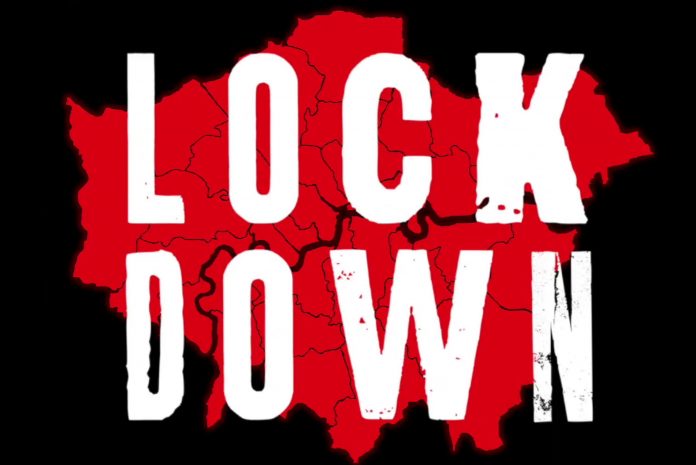The Indian government on Friday decided to extend the nationwide lockdown, necessitated by the coronavirus outbreak, by another two weeks. The earlier lockdown was set to end this Sunday.
According to a press statement by the home ministry, the decision to extend the lockdown beyond May 4 has been taken after a “comprehensive review”.
“After a comprehensive review, and in view of the lockdown measures having led to significant gains in the Covid-19 situation in the country, ministry of home affairs (MHA) issued an order under the Disaster Management Act today to further extend the lockdown for a further period of two weeks beyond May 4,” it stated.
The MHA also issued new guidelines to regulate different activities in this period, based on the risk profiling of the districts of the country into Red (hotspot), Green and Orange Zones.
The guidelines have permitted considerable relaxations in the districts falling in the Green and Orange Zones.
The most sensitive areas of the country, from the spread of Covid-19 point of view, and falling within the Red and Orange Zones, are designated as containment zones.
The containment areas would be defined by respective district administrations, taking into account the total number of active cases, their geographical spread, and the need to have well-demarcated perimeters from the enforcement point of view.
The local authorities have been directed to ensure 100% coverage of Aarogya Setu app among the residents of the Containment Zone.
Under the new guidelines, a limited number of activities will remain prohibited throughout the country, irrespective of the Zone.
These include travel by air, rail, metro and inter-State movement by road; running of schools, colleges, and other educational and training/ coaching institutions; hospitality services, including hotels and restaurants; places of large public gatherings, such as cinema halls, malls, gymnasiums, sports complexes etc; social, political, cultural and other kinds of gatherings; and, religious places/ places of worship for the public.
However, movement of persons by air, rail and road is allowed for select purposes, and for purposes as permitted by the home ministry.
E-commerce activities, in the Red Zones, are permitted only in respect of essential goods. Private offices can operate with up to 33% strength as per requirement, with the remaining persons working from home.
All government offices shall function with senior officers of the level of Deputy Secretary and above at full strength, and the remaining staff attending up to 33% as per requirement.
All industrial and construction activities in rural areas, including MNREGA, works, food-processing units and brick-kilns are permitted; besides, in rural areas, without distinction to the nature of goods, all shops, except in shopping malls are permitted.
All agriculture activities, eg, sowing, harvesting, procurement and marketing operations in the agricultural supply chain are permitted. All agriculture activities, e.g., sowing, harvesting, procurement and marketing operations in the agricultural supply chain are permitted.
Most of the commercial and private establishments have been allowed in the Red Zones. These include print and electronic media, IT and IT-enabled services, data and call centres, cold storage and warehousing services, private security and facility management services, and services provided by self-employed persons, except for barbers etc.
Source: Hindustani Times












